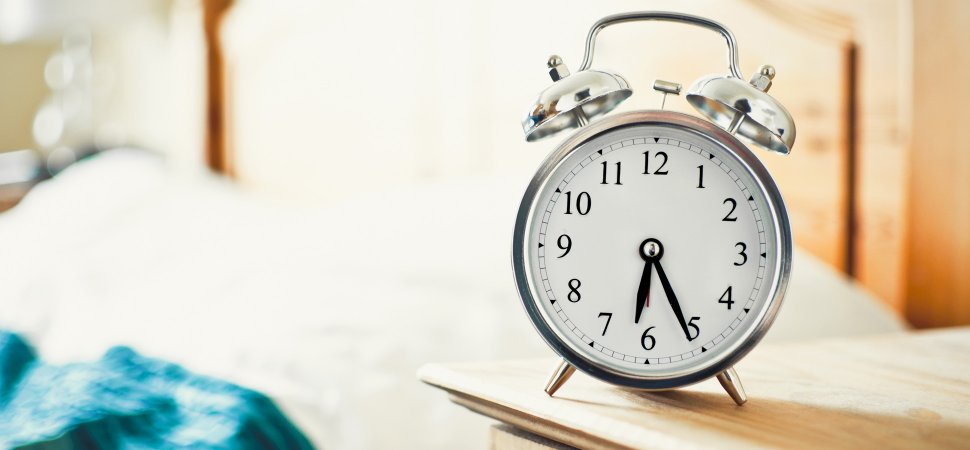Your Cart is Empty

Daylight savings have arrived and if you’re like most Americans, you turned your clocks AHEAD one hour yesterday. We experience daylight savings twice a year but “spring forward” always happens to be the most despised and difficult of the two. Time changes in the fall and spring inevitably alter people’s schedules and circadian clock. Generally, it can take the body up to a week or more to adjust. Until then, falling asleep and waking up can be a challenge.
Your circadian rhythm, or internal clock, acts as your body’s signal to sleep and wake up each day. When we move our clocks, in either direction, we are setting and resetting our 24-hour natural cycle, or circadian rhythm. In doing so, our internal clock becomes out of sync with our current sleep cycle.
One of the most common downsides to daylight savings is sleep deprivation. Sleep deprivation is caused by a lack of or reduced quality of sleep. Your body needs sleep in order to function appropriately so in the spring, when daylight savings comes around, we find ourselves losing a precious hour. When we don’t get an adequate amount of sleep, our mental abilities and physical health are at risk and the outcome can be dangerous, if not deadly:
The best way to avoid sleep deprivation is simply to get more sleep. Now that our clocks have changed, stick to your schedule and be consistent. As much as you may want to, don’t take long naps throughout the day. Adjusting to the time change is different for everyone. Some people adjust in a few days, while others may take a week or more.
Learn more about daylight savings time here and what you can do to get a better night’s sleep by checking out our blog.
Comments will be approved before showing up.